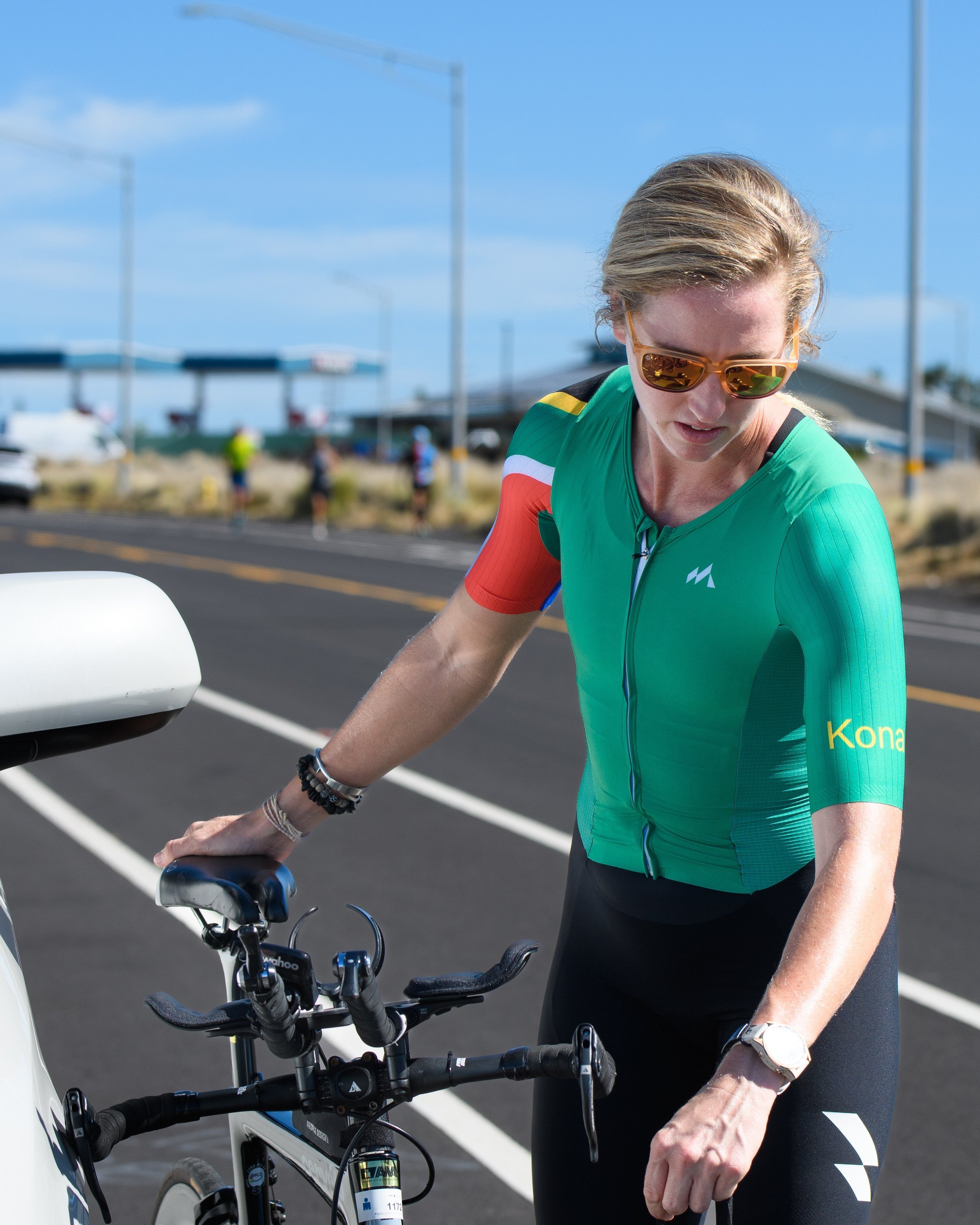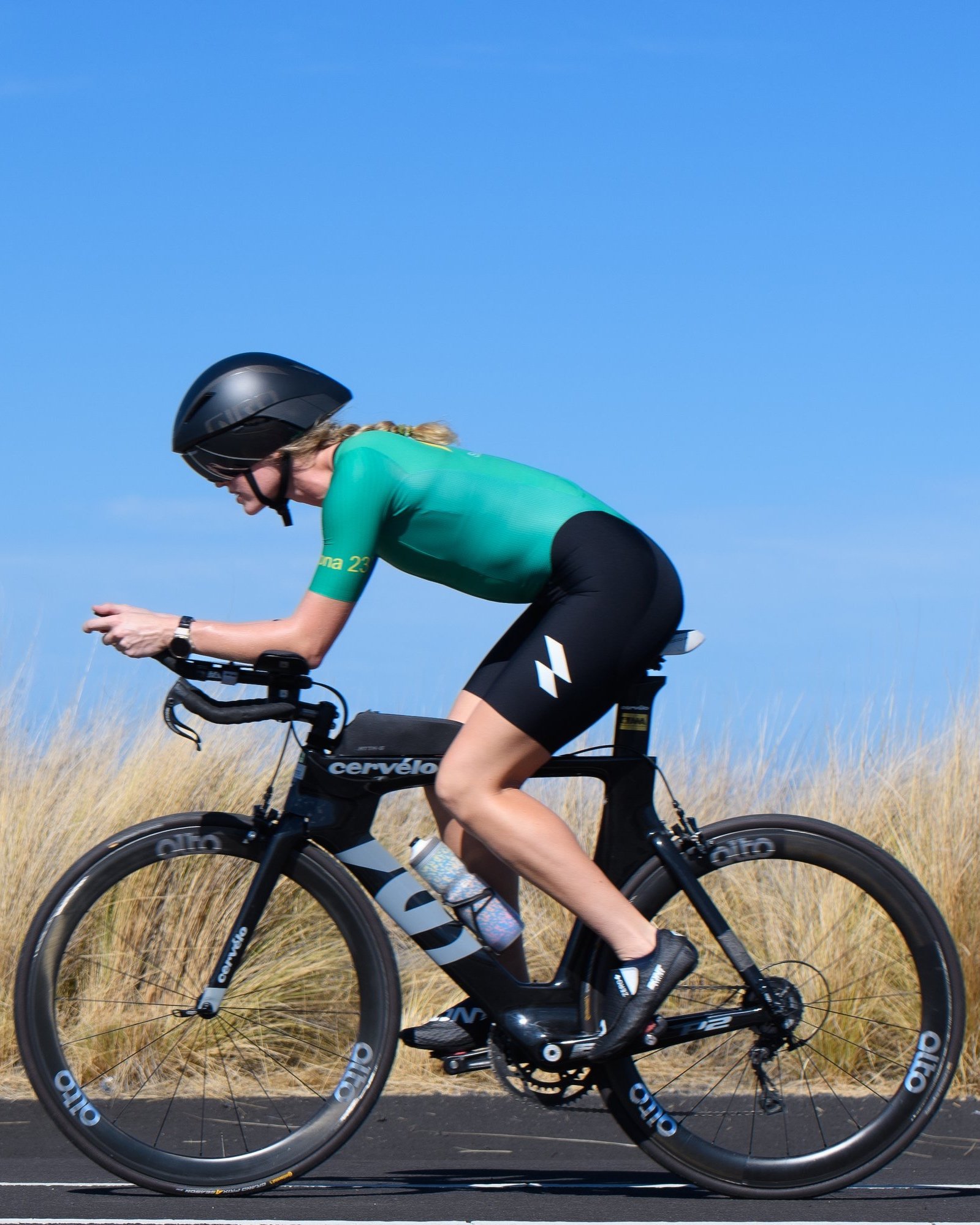How to overcome hitting the Mental Wall when you are training for a triathlon
The initial thrill of registering for your race has faded, and you're now 6-8 weeks away from the big day. While your non-triathlon friends are enjoying happy hour, you're packing your bag for a swim session. You've hit the mental wall, questioning your reasons for this rigorous training.
Firstly, it's important to acknowledge that you're not alone. Even the most seasoned athletes experience this mental slump, where motivation seems elusive.
So, how can you navigate this challenging phase? Here are ten strategies to help you stay on track.
First order of business is to discuss your feelings with your coach. They've likely encountered similar situations and can provide valuable insights and recommendations which are catered specifically for you.
Shake up your routine for a week. If you typically do long brick training sessions on Saturdays and long runs on Sundays, consider rearranging your schedule (with your coach's approval, of course). Try doing your long runs on Friday and spend Sunday recuperating with loved ones.
Revisit a beloved fitness class that you had to forego for swimming, biking, and running. Whether it's yoga, martial arts, or CrossFit, reconnecting with friends from different fitness circles can offer a refreshing break and a motivational boost.
Participate in a group ride or run. If your training intensity has outpaced your friends, consider joining them for a more relaxed session, perhaps followed by a coffee catch-up.
Connect with like-minded individuals. Knowing that others are grappling with similar challenges can be comforting. You can also seek support from your loved ones. Share your struggles and achievements with your family and friends. Their encouragement and understanding can be a great source of motivation.
Take a day off. If you've been training relentlessly, a day of rest won't derail your progress. Always listen to your body. If you're feeling overly tired or experiencing pain, it might be a sign that you need to take a break or adjust your training plan. Pushing through pain can lead to injuries, which can set you back in your training.
Practice mindfulness and meditation. These techniques can help you stay focused and reduce stress. They can also help you reconnect with your motivation and remember why you started this journey in the first place.
Set smaller, achievable goals. Instead of focusing solely on the big race day, set smaller weekly or daily goals. This can help you feel a sense of accomplishment and keep you motivated.
Keep a training journal. Documenting your progress can help you see how far you've come and remind you of your achievements. It can also help you identify patterns or issues that might be affecting your performance.
Lastly, consider treating yourself with new apparel or gear. There is that saying, “no better motivation than new workout clothes.”
Remember not to be overly critical of yourself. Avoid comparing your training to other athletes and thinking, "I should do more, I should work harder, I need to be faster." Such thoughts can be demotivating. Instead, reflect on your journey, from where you started to how far you've come. We all have unique strengths and weaknesses, and it's essential to focus on your personal growth. Be proud of your progress!
During these mentally challenging times, recall your "why". Look forward to race day and the aspects you enjoy most. For me, one of the highlights is standing at the swim start, surrounded by thousands of athletes. I relish the palpable anticipation, the focused expressions, and the collective courage it takes for each athlete to cross the start line. We've all made sacrifices to be here, each with a unique story to tell. To me, this diversity is the ultimate beauty of the sport.
Hitting a mental wall in your training schedule is a common experience. However, with the right strategies and mindset, you can overcome this hurdle and stay motivated. Remember, the journey is just as important as the destination. So, keep pushing, stay positive, and enjoy the ride.




